24/7 Helpline:
(866) 899-221924/7 Helpline:
(866) 899-2219
Learn more about Medication-assisted Treatment centers in Garita
Medication-assisted Treatment in Other Cities

Other Insurance Options

Aetna

Providence

Sliding scale payment assistance

Medical Mutual of Ohio

Excellus

CareSource

Humana

Coventry Health Care

Premera

WellCare Health Plans

Kaiser Permanente

Health Choice

ComPsych

CareFirst

Group Health Incorporated

Regence

Lucent

Optum

Self-pay options

Meritain

US VETS
U.S. VETS is a non profit rehab located in Las Vegas, NV. U.S. VETS have and inpatient program that ...

Landmark Recovery of Las Vegas
Landmark Recovery of Las Vegas is a private rehab located in Las Vegas, Nevada. Landmark Recovery of...

Las Vegas Rescue Mission – Recovery Program
The Las Vegas Rescue Mission Recovery Program is a Christian based drug and alcohol addiction rehab ...

Co Occurring Program – Adult Mental Health
Co Occurring Program – Adult Mental Health is a private rehab located in Las Vegas, Nevada. Co Occur...

Southern Nevada Adult Mental Health Services – West Charleston Med Clinic
Southern Nevada Adult Mental Health Services – West Charleston Med Clinic is a public rehab located ...

Bridge Counseling Associates
Bridge Counseling Associates, in Las Vegas, Nevada, offers outpatient mental health and addiction re...

ABC Therapy
ABC Therapy -- Las Vegas is an outpatient counseling service for mental health and drug and alcohol ...

Center for Behavioral Health
Center for Behavioral Health is a drug and alcohol rehab in Las Vegas, NV. They provide outpatient a...

Crossroads of Southern Nevada
CrossRoads of Southern Nevada is a comprehensive mental health and drug and alcohol treatment center...

The Nestled
The Nestled, in Las Vegas, Nevada, is a luxury drug and alcohol rehab for adults offering medically ...

Desert Hope
Nestled amid the natural beauty of the Nevada desert, Desert Hope is a luxury drug and alcohol rehab...

The Samaritan House
The Samaritan House - Las Vegas is a nonprofit organization that offers drug and alcohol addiction r...

We Care Foundation
We Care Foundation offers inpatient treatment for women with alcohol and/or substance addiction. We ...

Luxe Treatment Center
Luxe Treatment Center is a drug and alcohol addiction recovery facility in Las Vegas, Nevada. Luxe b...

New Beginnings Counseling Centers
New Beginnings Counseling Centers is a private rehab located in Las Vegas, Nevada. New Beginnings Co...

Community Counseling Center
Community Counseling Center is a private rehab located in Las Vegas, Nevada. Community Counseling Ce...

WestCare – Las Vegas Community Triage Center
WestCare - Community Involvement Center offers medically monitored and social detoxification, mental...

Southern Nevada Adult Mental Health Services – East Las Vegas Med Clinic
Southern Nevada Adult Mental Health Services – East Las Vegas Med Clinic is a public rehab located i...

Freedom House Sober Living
Freedom House Sober Living is a structured recovery residence for adults, located in Las Vegas, Neva...

The Fearless Kind
The Fearless Kind is a rehab facility located in Las Vegas, NV. The Fearless Kind specializes in the...

Desert Hope – Eastern Avenue
Desert Hope - Eastern Avenue is a comprehensive outpatient addiction treatment facility. Located in ...

WestCare – Women and Children’s Campus
WestCare Women’s and Children’s Program, located in Las Vegas, Nevada, provides substance use disord...

Desert Parkway Behavioral Healthcare Hospital
Desert Parkway Behavioral Healthcare Hospital is a dual diagnosis behavioral health treatment facili...

Vance Johnson Recovery Center – VJRC
Vance Johnson Recovery Center is an inpatient rehab facility located in Las Vegas, NV. VJRC speciali...

New Lyfe Solutions
New Lyfe Solutions in Las vegas, Nevada provides upscale recovery housing & sober living homes that ...

Shannon West Homeless Youth Center
HELP of Southern Nevada - Shannon West Homeless Youth Center provides resources for at risk youth in...

Lionheart Recovery Center
Lionheart Recovery Center is a private rehab located in Las Vegas, Nevada. Lionheart Recovery Center...

Transformational Healing
Transformational Healing is a private rehab located in Las Vegas, Nevada. Transformational Healing s...

TrueCare Treatment Center
TrueCare Treatment Center is a private rehab located in Las Vegas, Nevada. TrueCare Treatment Center...

New Mexico Behavioral Health
New Mexico Behavioral Health is a public rehab located in Las Vegas, New Mexico. New Mexico Behavior...








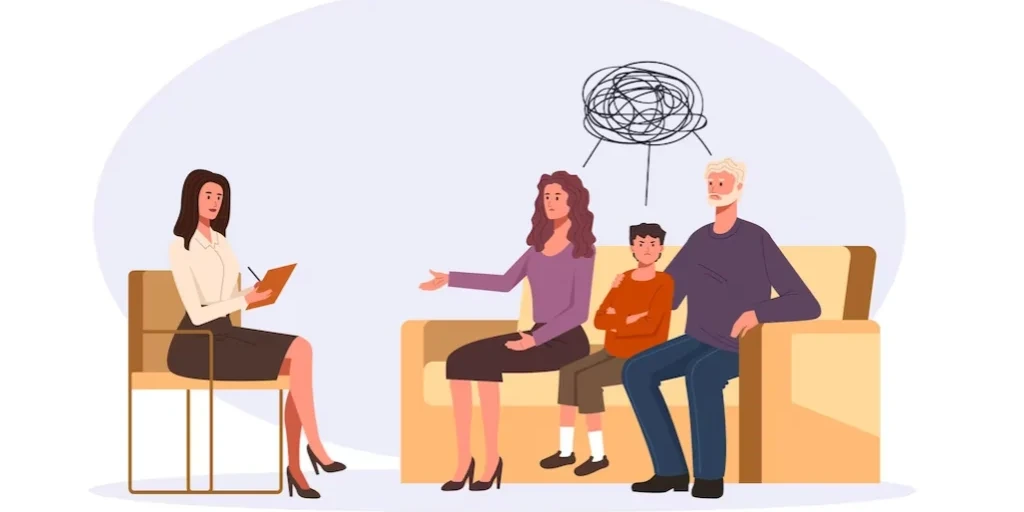



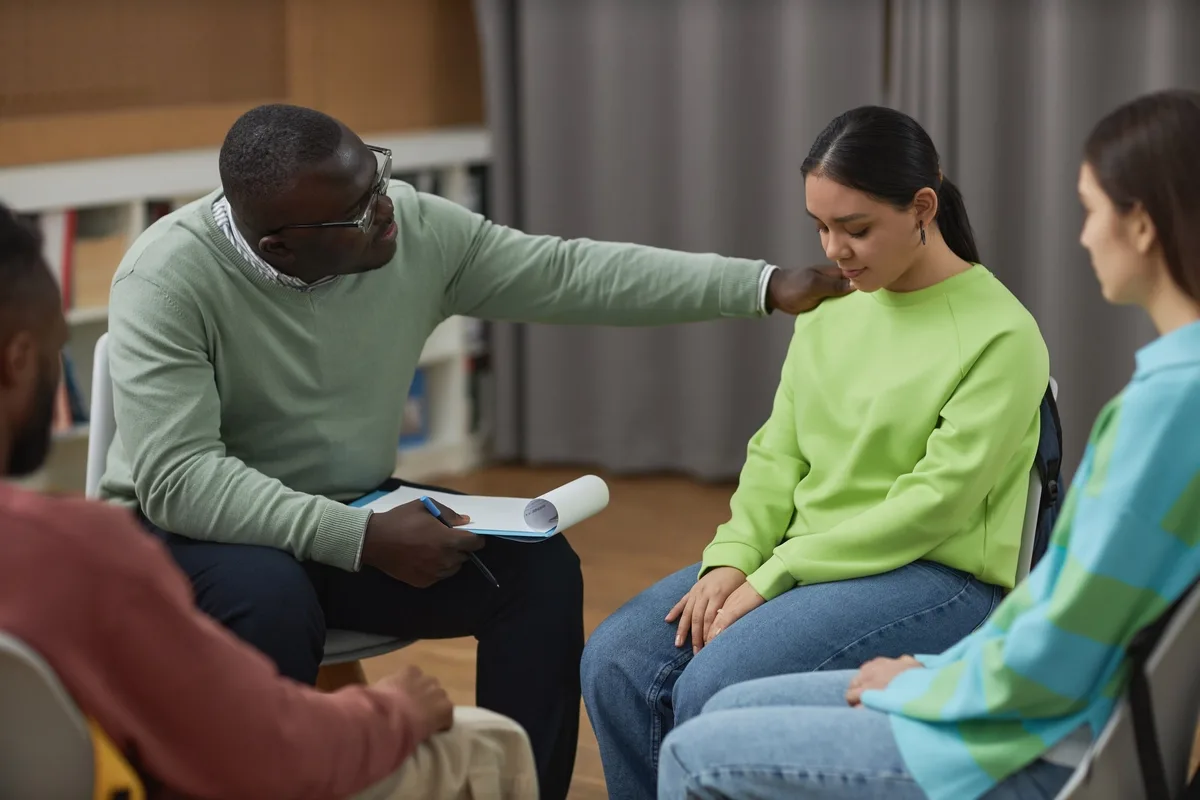























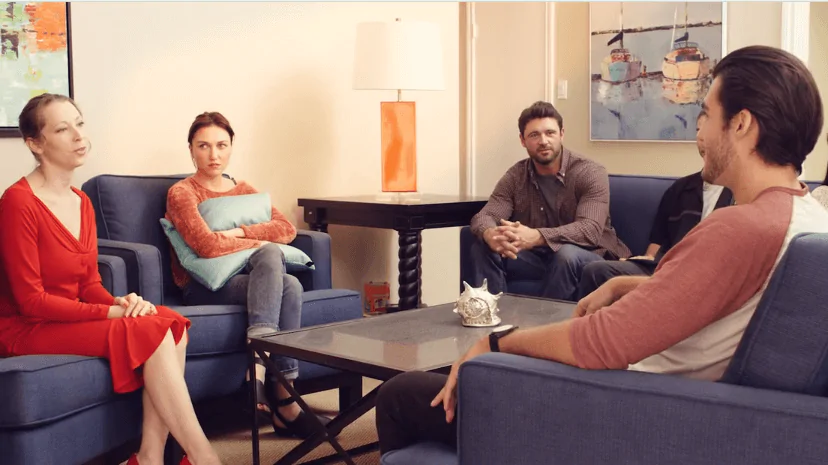
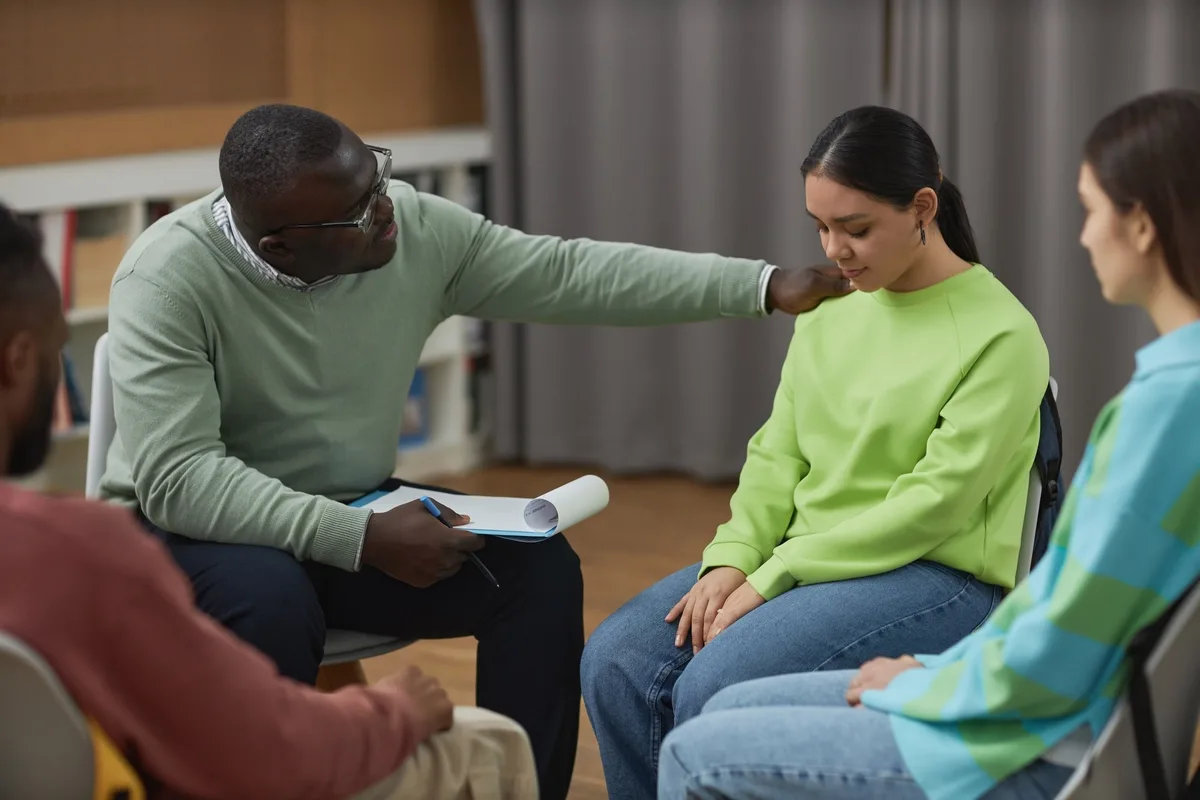


















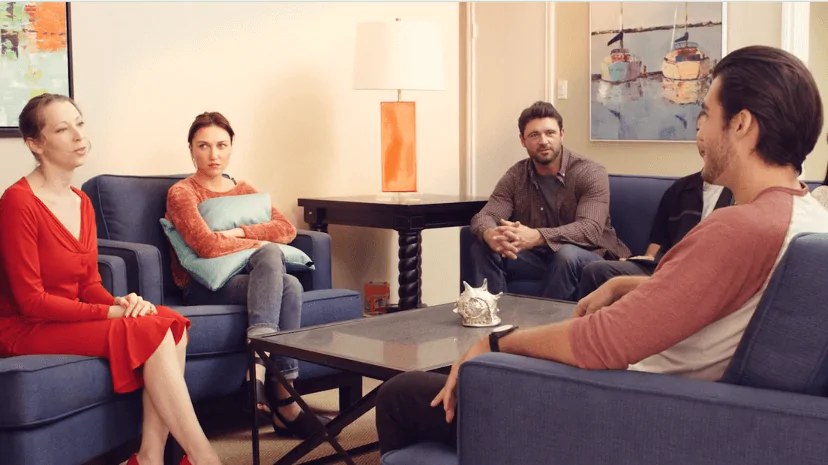


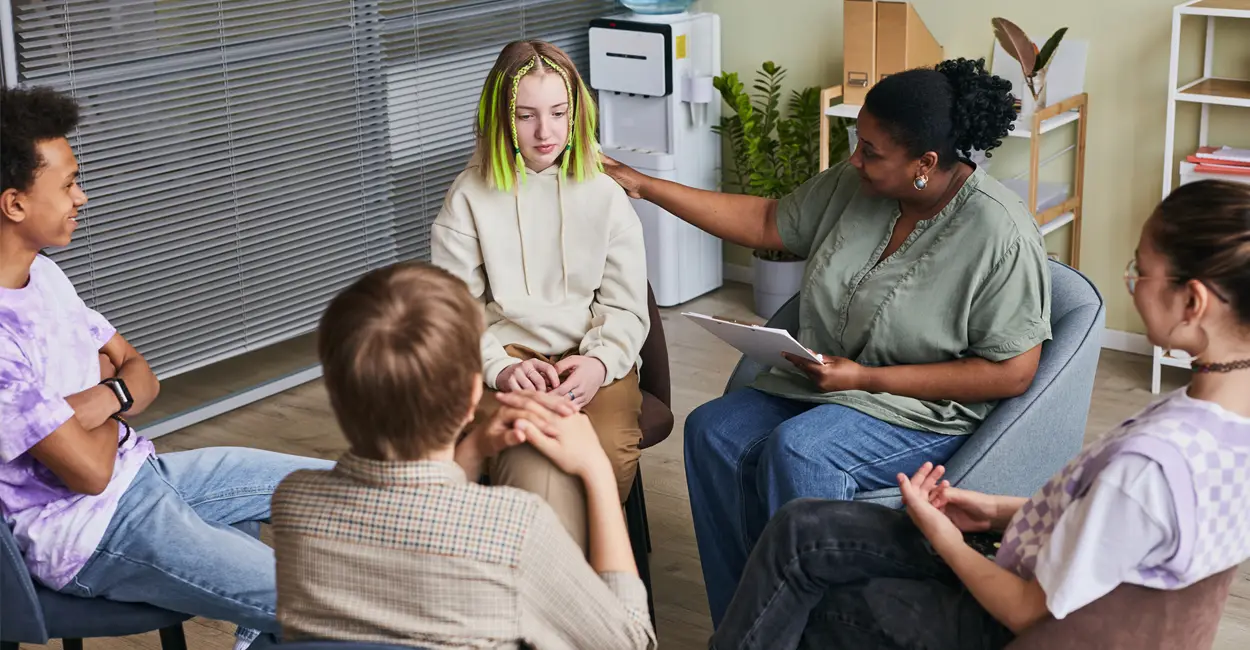














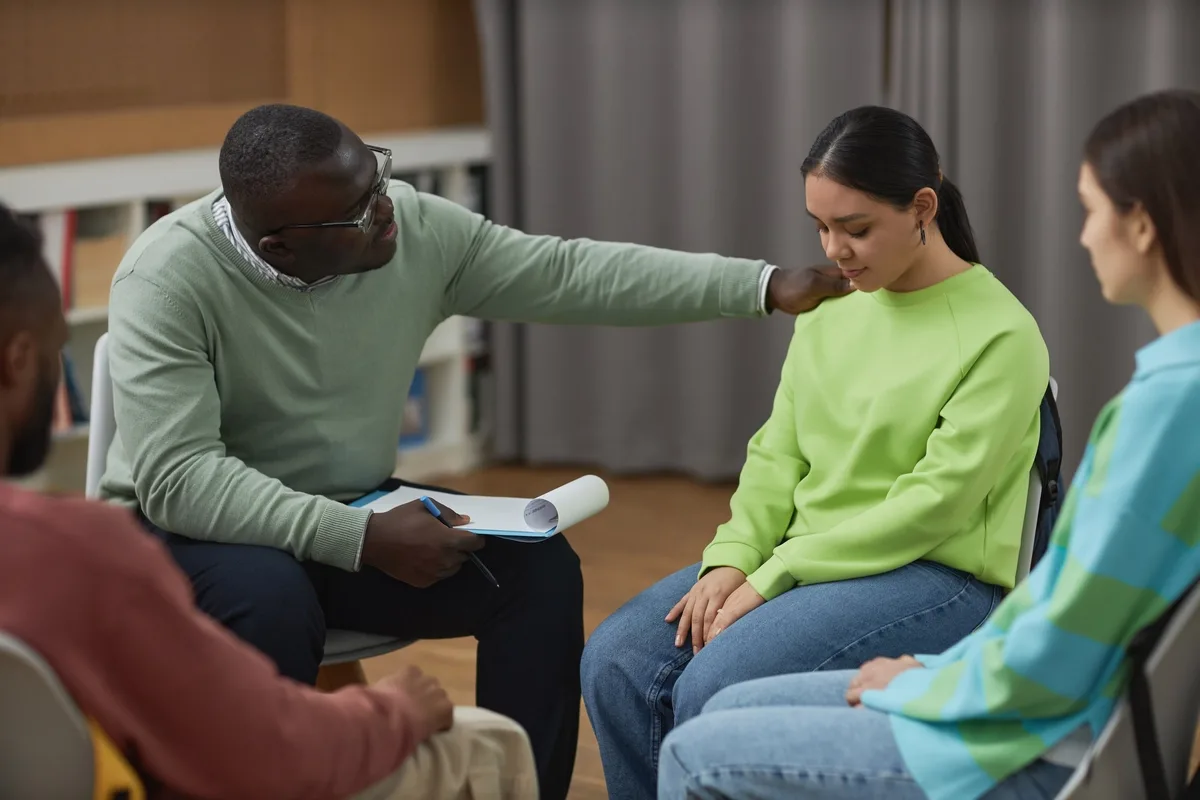




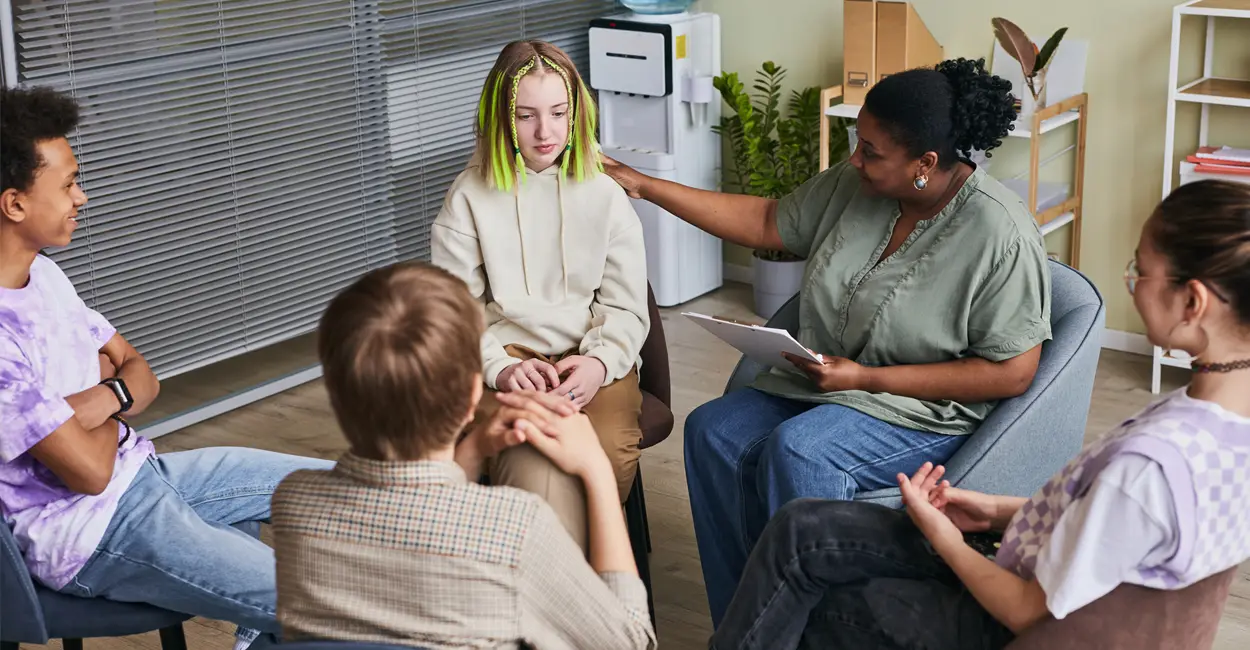
















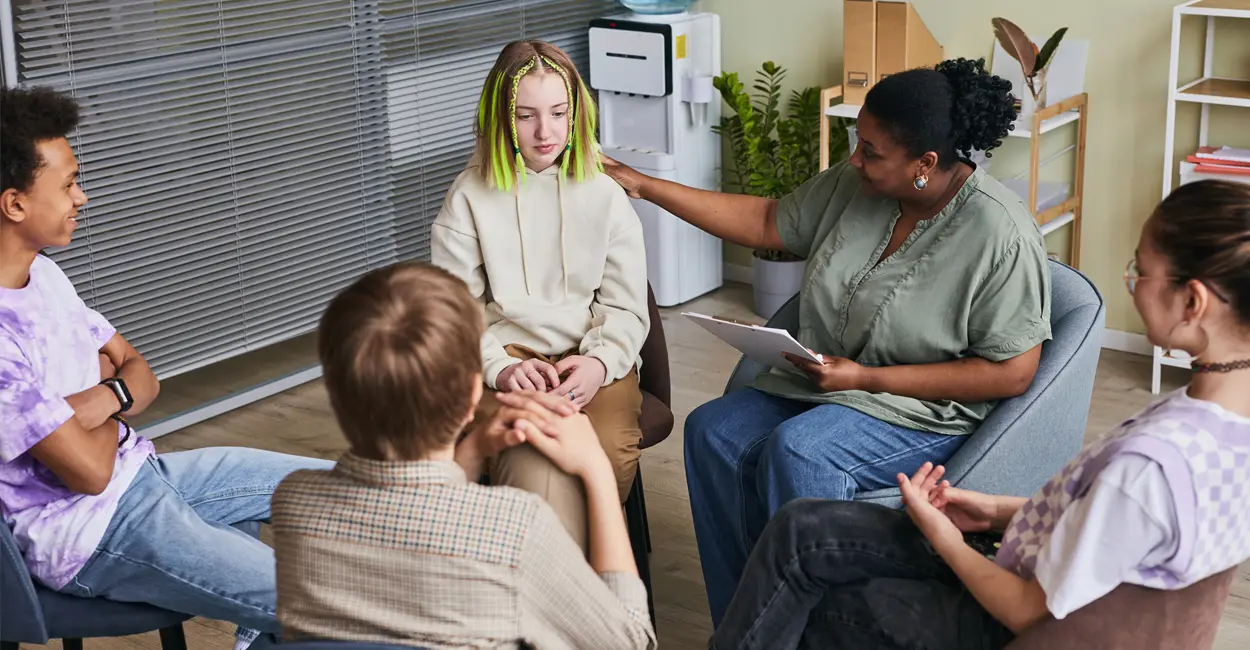









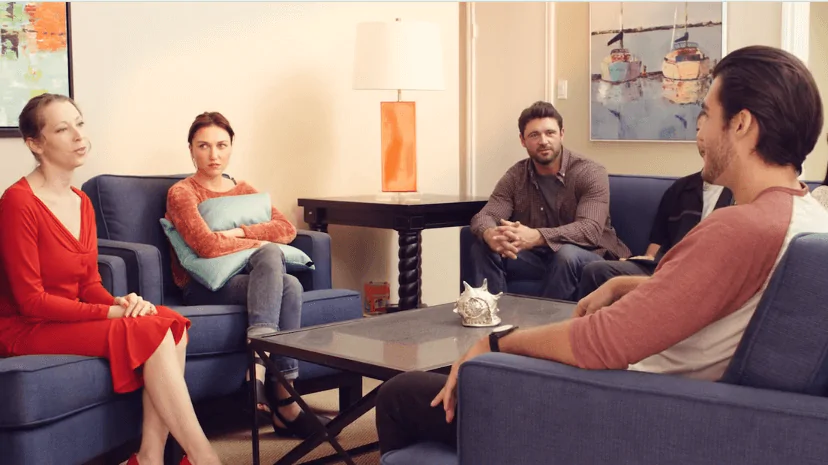




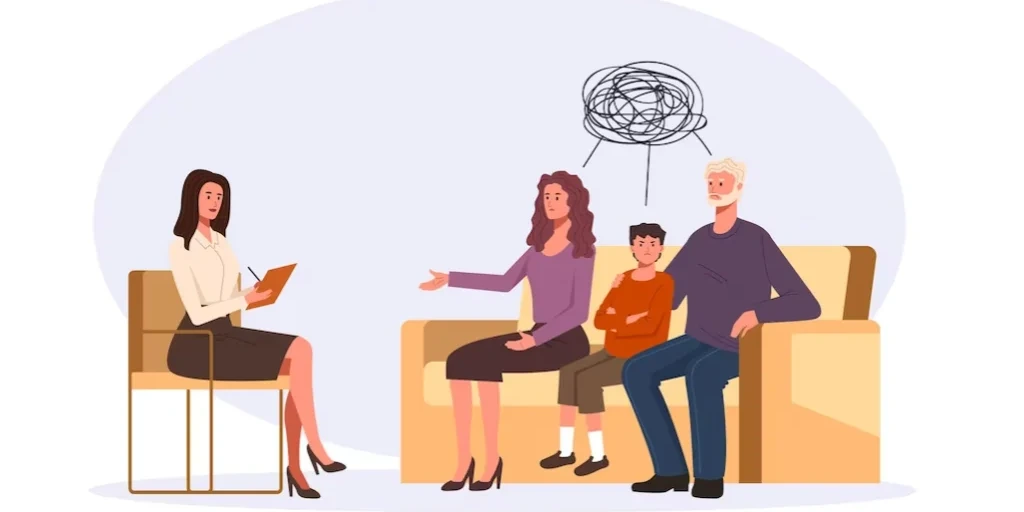
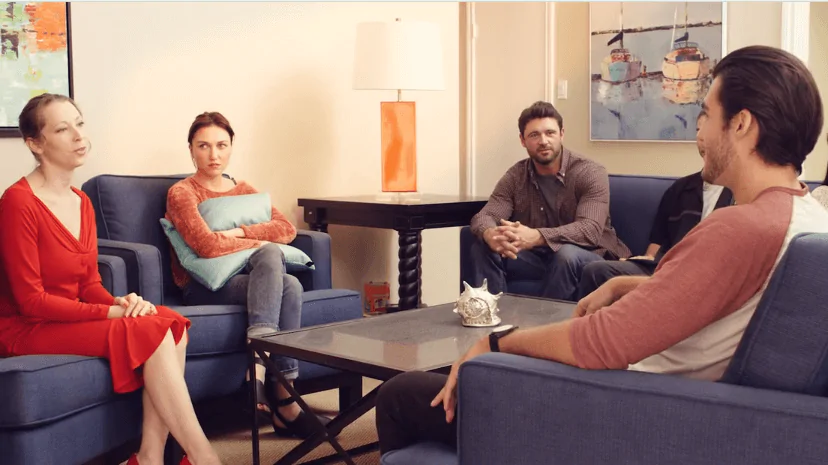















































Salvation Army
Salvation Army Southern Nevada offers drug and alcohol addiction treatment services in Palomino, Las...

Vogue Recovery Center
Vogue Recovery Center is a luxury drug and alcohol rehab for adults in Las Vegas, Nevada. They offer...

Choices Group
Choices Group is a private rehab located in Las Vegas, Nevada. Choices Group specializes in the trea...

A Better Today Recovery Services
A Better Today Recovery - S. Jones Blvd. located at Las Vegas, Nevada, is private facility equipped ...

WestCare – Harris Springs Ranch
WestCare - Harris Springs Ranch is one of their longest-running programs, providing substance abuse ...

Solutions Recovery
Solutions Recovery, Inc. is able to assist clients in their recovery. Solutions Recovery's multidisc...

Wellness Redemption and Rehabilitation Program
Wellness Redemption and Rehabilitation Program is a private rehab located in Las Vegas, Nevada. Well...

Mission Treatment
Mission Treatment is located in Las Vegas, Nevada. Mission Treatment outpatient clinic is committed ...

SAFY of Nevada Specialized Alternative – Families and Youth
SAFY of Nevada Specialized Alternative – Families and Youth is a private rehab located in Las Vegas,...

Red Rock Behavioral Health Hospital
Red Rock Behavioral Health Hospital, in Las Vegas, Nevada, is an inpatient mental health care and ad...

WestCare – Substance Abuse Treatment
WestCare is a dual diagnosis substance abuse rehab in Las Vegas, NV providing s a myriad of programs...

Silver Rock Recovery
Silver Rock Recovery is a private rehab located in Las Vegas, Nevada. Silver Rock Recovery specializ...

Teen Challenge – Las Vegas Men’s Center
Teen Challenge- Las Vegas Men’s Center is a long term residential program located in Las Vegas, Neva...

Foundation For Recovery
The Foundation for Recovery seeks to make recovery from addiction more available to the addict who s...

Broken Chains Ministry – Addiction Intervention
Broken Chains Ministry - Addiction Intervention has been helping families throughout Las Vegas, and ...

Center for Addiction Medicine
Center for Addiction Medicine is a private rehab located in Las Vegas, Nevada. Center for Addiction ...

Serenity Club
Serenity Club is located in Las Vegas, Nevada. Serenity Club is a membership based clubhouse that re...

Grupo Rio de Luz
Grupo Rio de Luz is a private rehab located in Las Vegas, Nevada. Grupo Rio de Luz specializes in th...

Hope House Recovery Club
Hope House Recovery Club is a private rehab located in Las Vegas, Nevada. Hope House Recovery Club s...

Ignite Treatment Centers
Ignite Treatment Centers provides treatment for teens struggling with addiction and mental health is...

Ignite Teen Treatment
Ignite Teen Treatment is a private facility located in a residential area within Las Vegas, Nevada. ...

Holistic House
Holistic House is located in Henderson, Nevada. Holistic House provides Ibogaine aftercare. They off...

Rio Grande – Alcoholism Treatment Program
Rio Grande – Alcoholism Treatment Program is a private rehab located in Las Vegas, New Mexico. Rio G...

AA – Alcoholics Anonymous
AA – Alcoholics Anonymous is a non-profit rehab located in Las Vegas, New Mexico. AA – Alcoholics An...

Colorado West Regional Mental Health Center
Colorado West Regional Mental Health Center is a private rehab located in Pecos, New Mexico. Colorad...

West Centers
West Centers is a private rehab located in Pecos, Texas. West Centers specializes in the treatment o...




































































